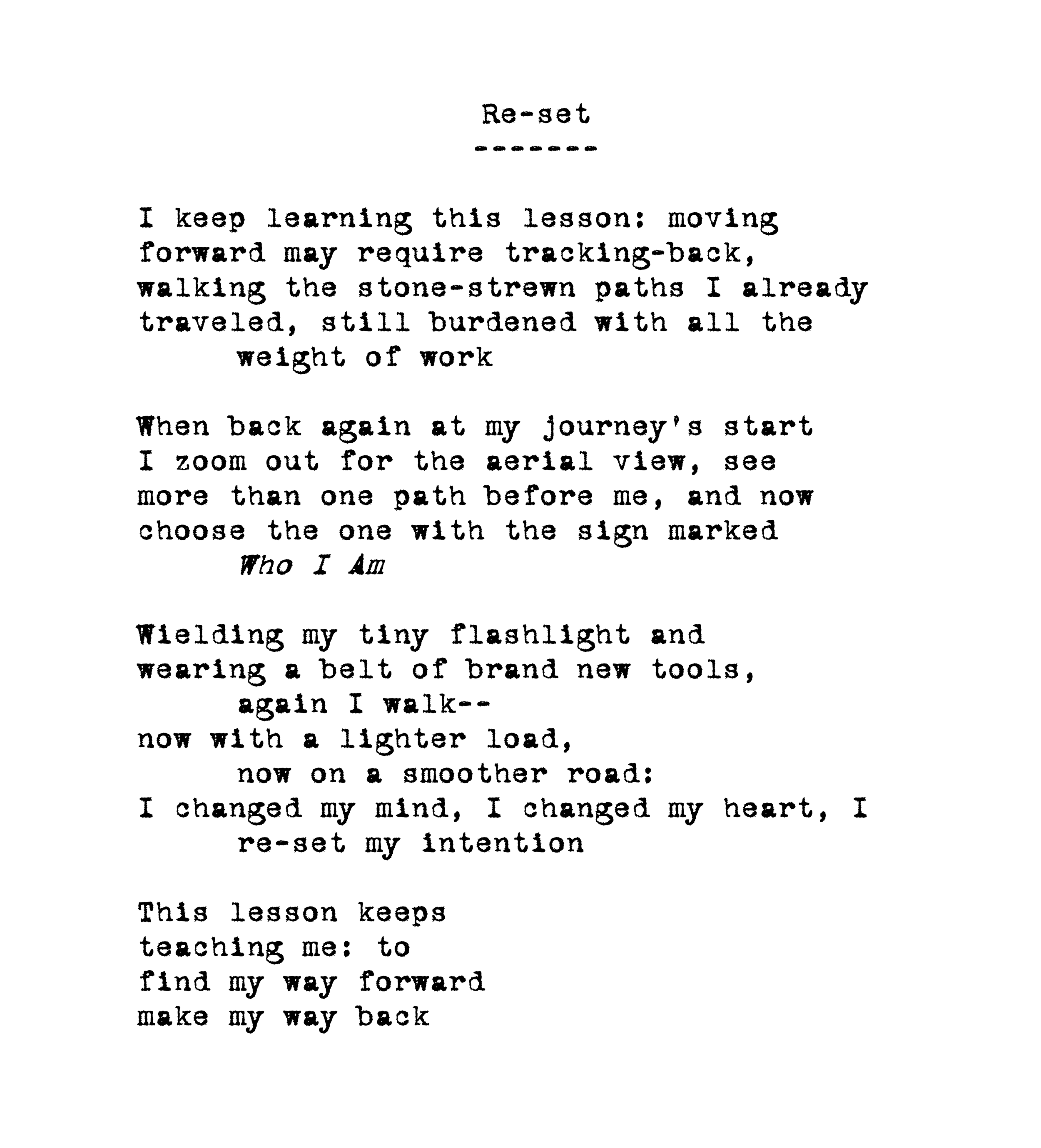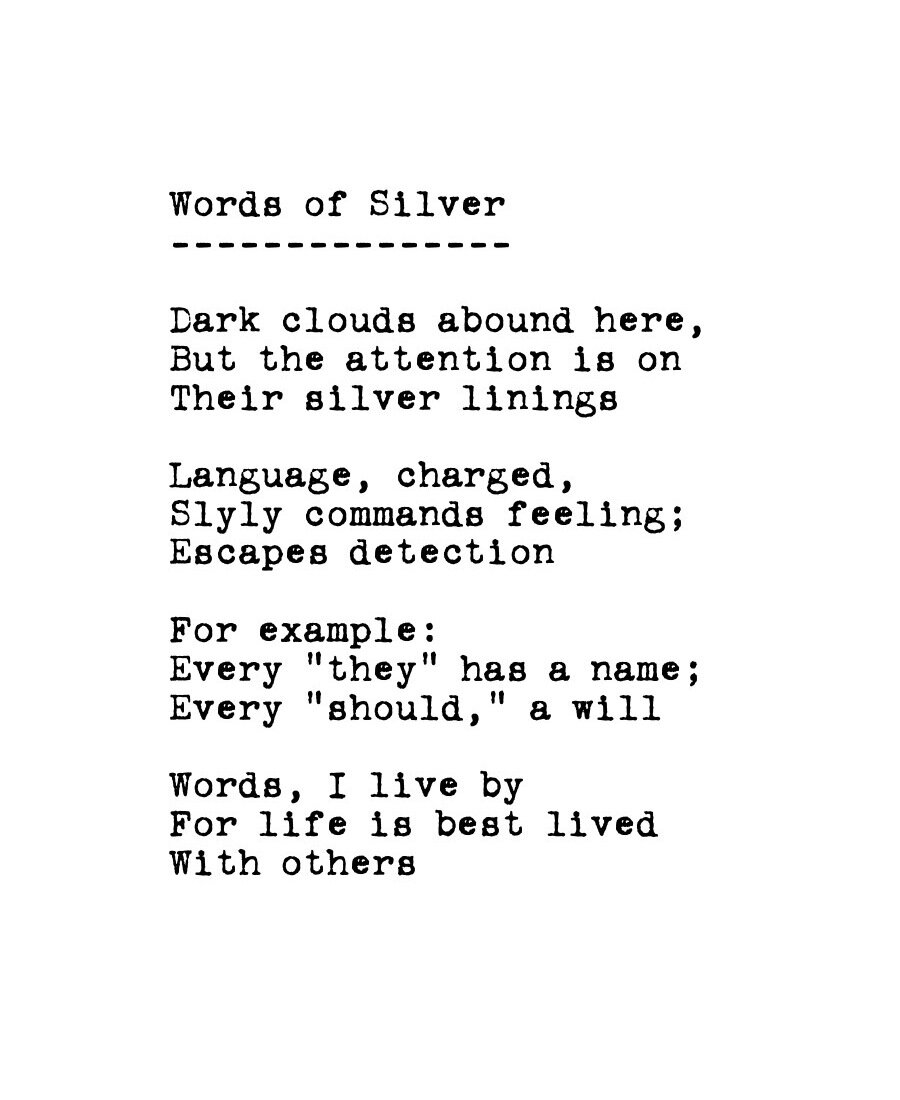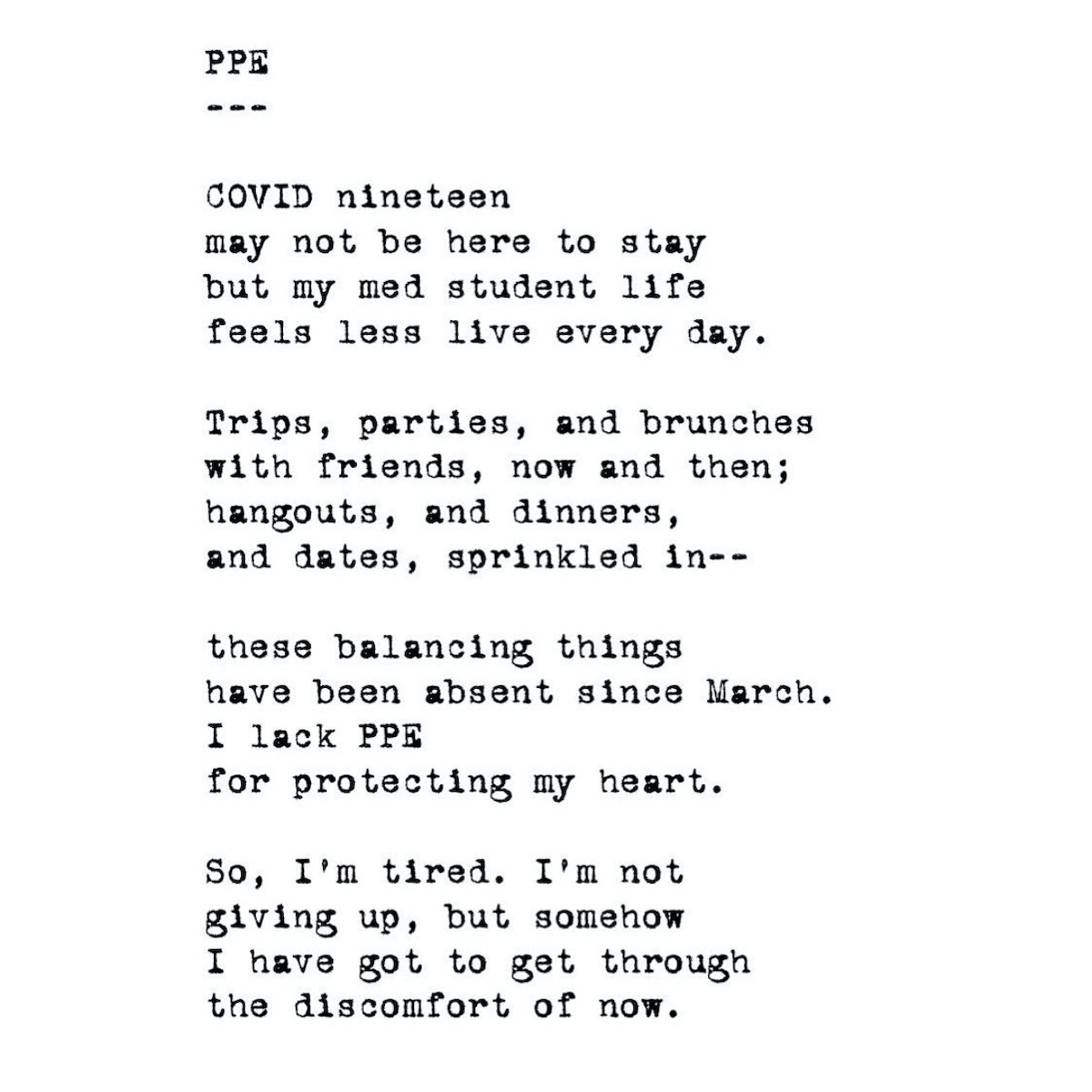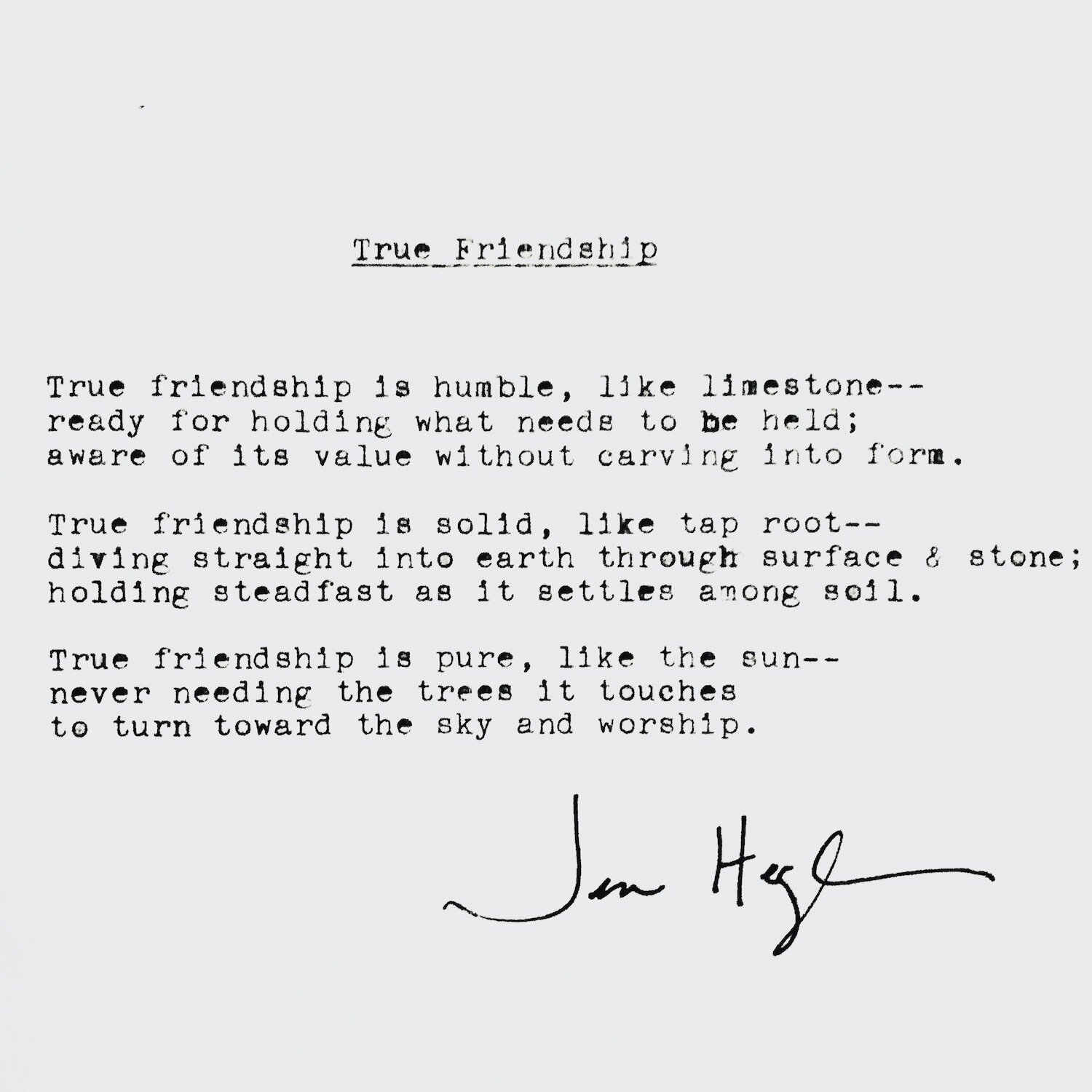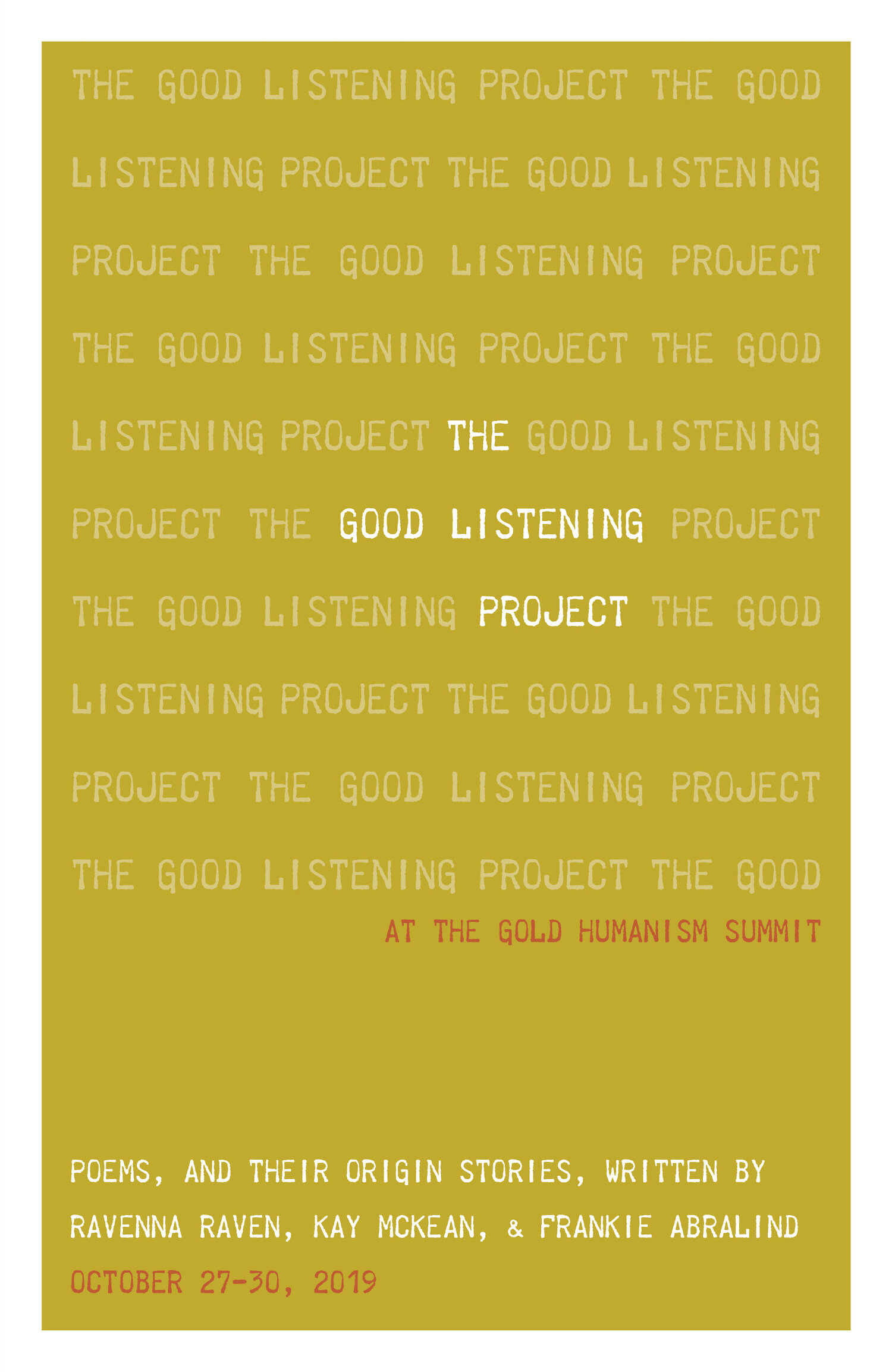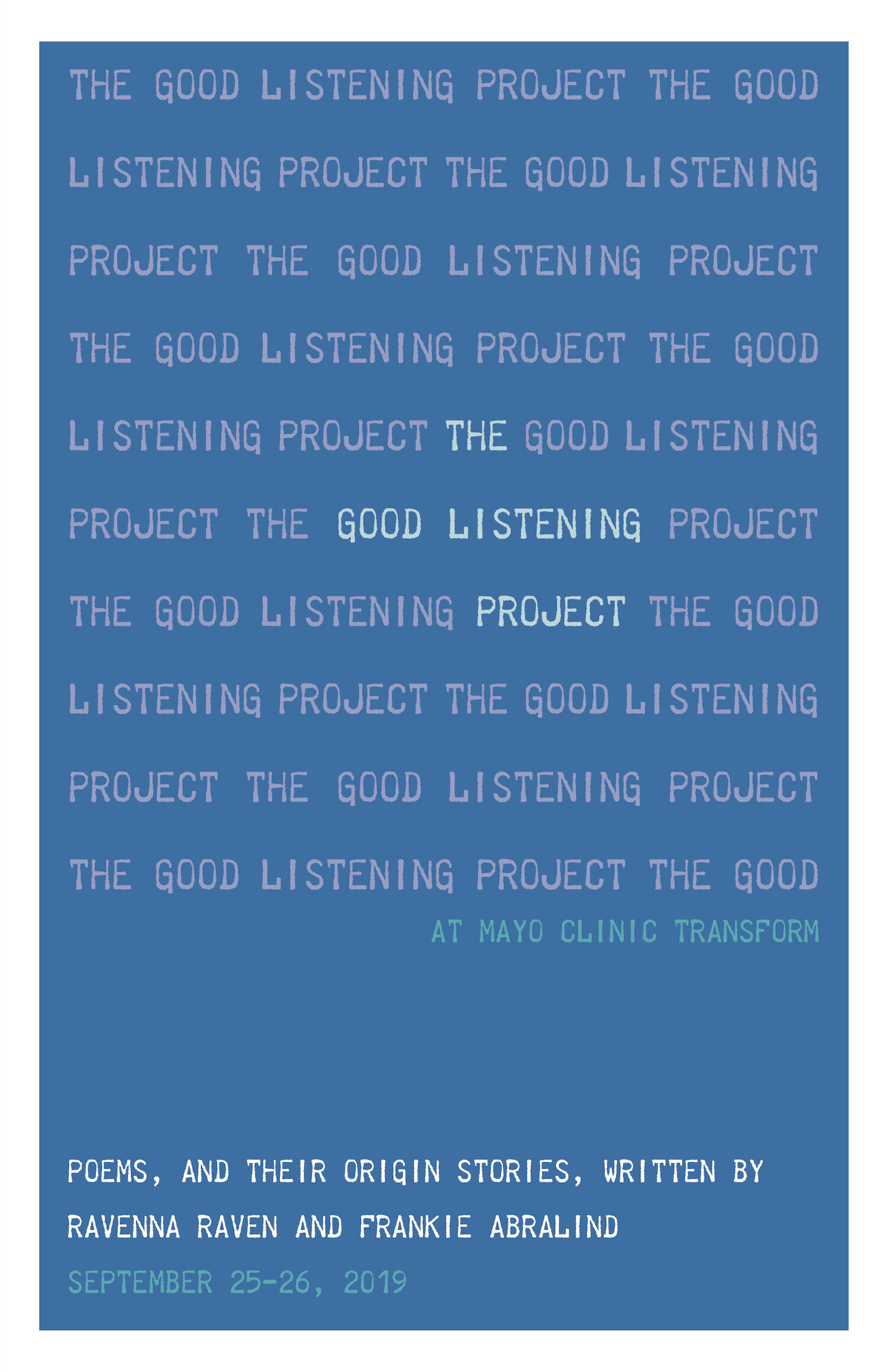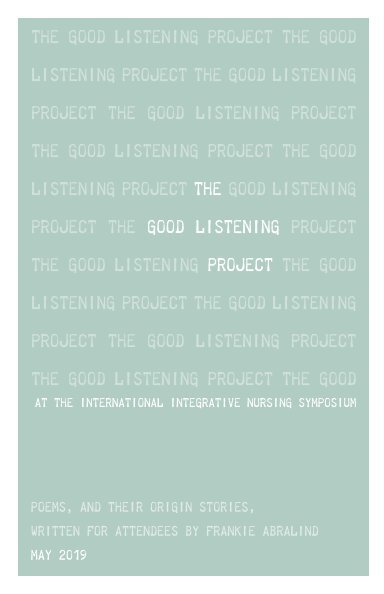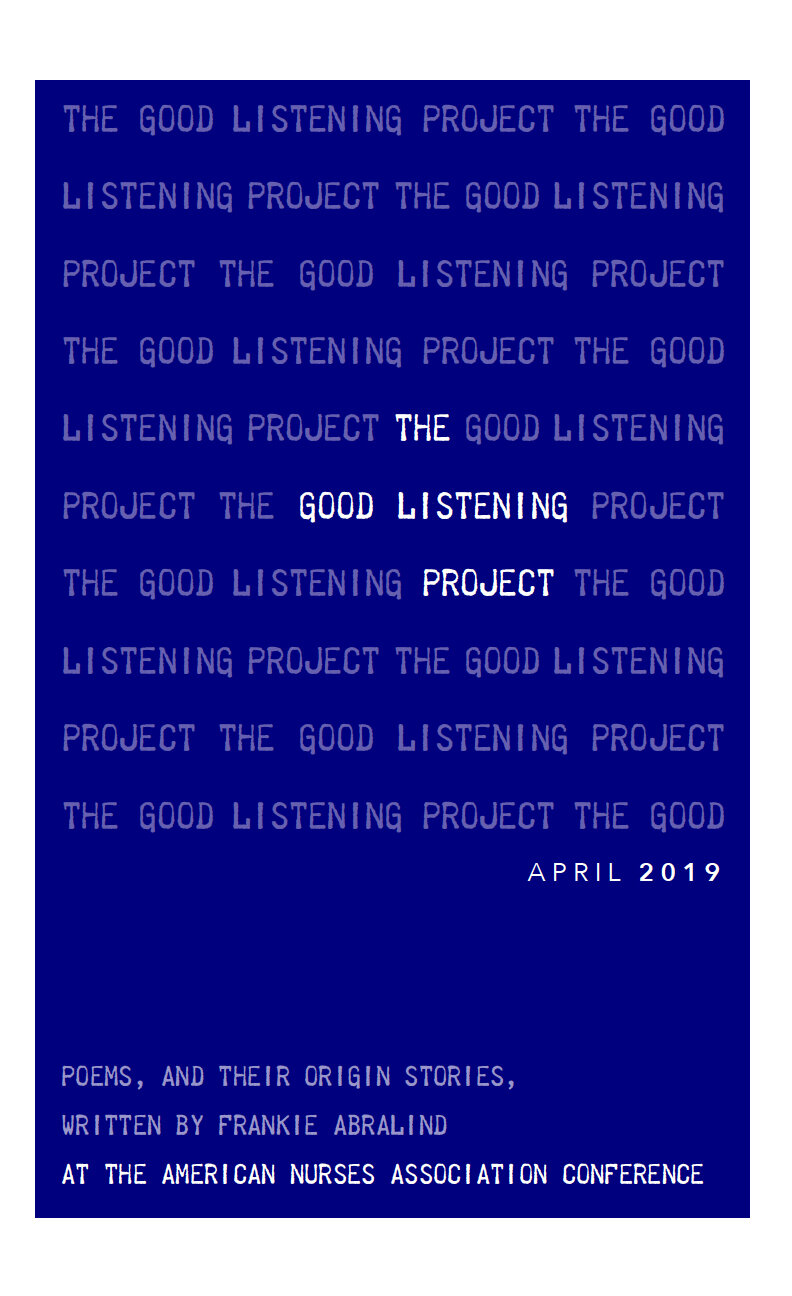Listener Poets & The Good Listening Project Community
November 2023
This month we loved receiving an outpouring of your deepest hopes for the future of healthcare. We hope you enjoy seeing how our communal "Poem for Our Future" reveals our shared dreams.
Working together with a shared vision binds us in a collective endeavor to change our healthcare system. Thank you for co-creating this vision. Please feel free to download and share the PDF here or read the full poem below.
We received so many amazing submissions for this collaborative poem! If you’re interested in reading everyone’s hopes for the future of healthcare, please download the unabridged version here, which includes all 55+ responses woven together.
Poem for Our Future
Sit with me among the oceans and forests,
among the ghosts of our ancestors.
It is time to plant the intention
to nurture our truest nature –
a flourishing society creating
a more caring place for us all where
we
matter.
Our health. Our abilities.
Our stories. Our goals.
Our humanity
restored.
Honest conversations.
No longer leading separate lives, instead
intertwined with roots of empathy and peace
healing our histories, systems, bodies
willing to make change.
Where equity is de facto,
a sunlight rising with respect
shining, our highest aims aligned
with treating people, not conditions –
understanding each person’s fruitful story,
denying no one the care they need.
Attention to prevention
pulling weeds putting
people over profits,
a healing process treating
root causes, creating
a seamless experience
available for every person,
regardless of income.
A future with assurance where
we will unify –
heal you,
heal me.
No more waiting.
Cure, share, explore.
Garden ways of old
with technology of new
as we struggle body and mind
to forget the language we have learned.
To accept with compassion
all patients will die.
May we mourn their losses well.
Speak of the creation we ache for –
two-way
human to human care.
Guided, blossoming gently as we sit lovingly
with our own mortality.
May we take ourselves for walks.
Drink enough water to nourish our cells.
May we allow ourselves to cry,
dew tears of healing.
May we feel every soul.
May the moments of silence,
the systoles and diastoles of our conversations
in relationship to earth and seasons,
position us to hear what
hearts are trying to tell
for a chance to belong
to our shared humanity.
Open hearts
let love do its work.
"I grew from the experience – though I think it aged me 10 years!" This is how a resident described a turning point with a specific patient when he recognized how burned out he was.
Although he had been through many stressful experiences in his life and recently, he always held onto his positive outlook. He took particular care to use words intentionally, paying attention to their connotations, so that his positivity extended to those that he interacted with as well.
“I’ve always loved hearts,” she said. She was a cardiac nurse who had been drawn to a job in the catheterization laboratory. “It’s so rare to have an opportunity to immediately do something good for somebody, but it happens often in the cath lab,” she told me.
She was tired after working twelve straight days on her current rotation. It was her third year of medical school, and she was already feeling burnt out. “I have five more years like this,” she said. “My sister tells me, ‘Keep pushing, you can get through it,’ but I don’t know if I can.”
He had been thinking a lot about race over the past several months. He’s a White man with two children: a 20-year-old biological son who is White, and an 18-year-old adopted daughter who is Black.
“I have a lot of unresolved grief,” she confessed. It was her grief that made her good at empathizing with the hospice community she served. “Would resolving my grief make me less effective with my patients?”
She immediately knew that she didn’t want her poem to be about cancer. She wanted it to be about friendship and asked if she could share a recent story.
Being in healthcare can be extremely rewarding, but it comes with the occupational hazard of loss. This woman loved the work she did with dementia patients and the connections she was able to form with them. However, she also struggled with the frequent loss of people she had bonded with.




